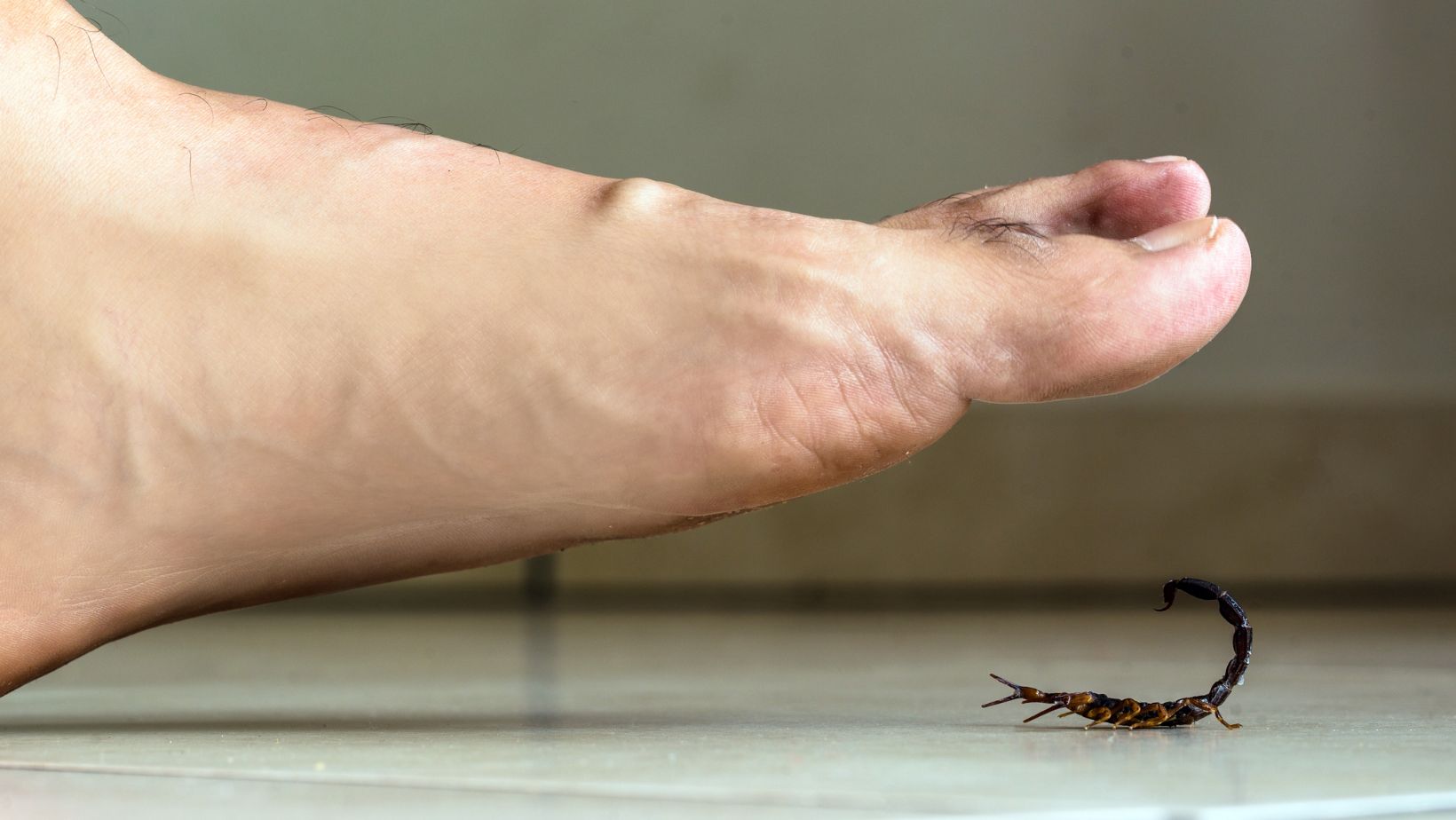If you are stung by a scorpion, it is important to take immediate steps to ensure your safety and minimize potential complications. Here are the key actions you should take when you get stung by a scorpion:
- Stay Calm: It is essential to remain calm after a scorpion sting. Panicking can increase your heart rate and the spread of venom throughout your body.
- Move to a Safe Area: If possible, move away from the scorpion to avoid further stings or encounters. Make sure you are in a safe location where you can focus on your well-being.
- Assess the Severity: Observe the symptoms and evaluate the severity of the sting. While most scorpion stings are not life-threatening, some species can cause more serious reactions. If you experience severe symptoms or are unsure about the species of scorpion, seek immediate medical assistance.
- Clean the Sting Site: Gently clean the sting site with mild soap and water to reduce the risk of infection. Avoid applying any harsh substances or remedies directly to the area.
- Apply a Cold Compress: Use a cold pack or a cloth soaked in cold water to help alleviate pain and reduce swelling. Apply it to the sting site for about 10-15 minutes at a time. Make sure to have a cloth or barrier between the cold pack and your skin to prevent ice burn.
- Elevate the Affected Limb: If the sting is on an arm or leg, elevate the limb slightly to help reduce swelling.
- Take Over-the-Counter Pain Relief: If needed, you can take over-the-counter pain relievers such as ibuprofen or acetaminophen to manage pain. Follow the recommended dosage instructions.
- Observe for Systemic Symptoms: Keep a close eye on your symptoms and watch for any systemic reactions such as difficulty breathing, chest pain, muscle spasms, or severe swelling. If any of these symptoms occur, seek immediate medical attention.
- Seek Medical Assistance: If the sting causes severe pain, systemic symptoms, or if you are uncertain about the species of scorpion, it is important to seek medical assistance promptly. Call emergency services or visit the nearest healthcare facility.
- Preserve the Scorpion (if possible): If it can be done safely, try to capture or take a photo of the scorpion for identification purposes. This information can be helpful for determining the appropriate treatment and managing any potential complications.
Remember, every individual and scorpion sting is different, and reactions can vary. It is always better to err on the side of caution and seek medical attention if you have concerns or if severe symptoms occur.
